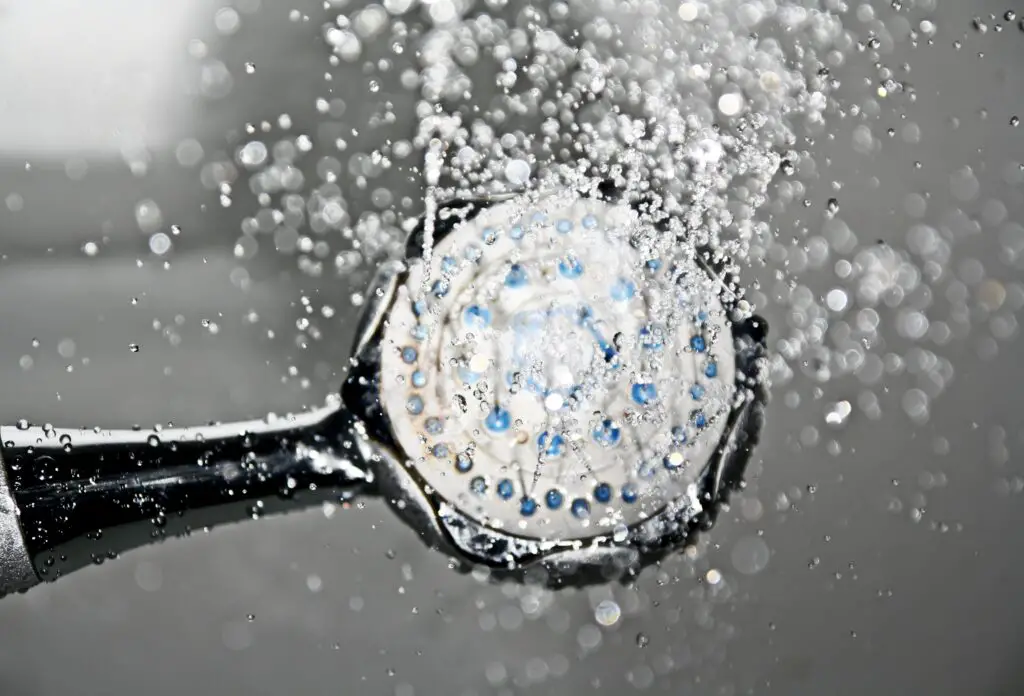Shutting off the water to your home can affect your water heater in a few different ways. In this answer, we will discuss the potential impact on your water heater and what steps you can take to minimize any negative effects.

Firstly, if you shut off the water to your home, it will also shut off the water supply to your water heater. This means that the water inside the tank will not be replenished, and the heater will eventually run out of hot water. The amount of time it takes for the hot water to run out will depend on the size of your tank and how much hot water you use.
If you are planning to shut off the water to your home for an extended period of time, it is recommended that you turn off the power or gas to your water heater as well. This will prevent the heater from continuing to operate without any water, which can cause damage to the unit.
In addition to running out of hot water, shutting off the water can also cause sediment to build up inside the tank. Sediment is a natural byproduct of heating water, and over time, it can settle at the bottom of the tank. When the water supply is turned off, the sediment can become disturbed and start to circulate throughout the tank. This can cause problems with the heating element, reduce the efficiency of the heater, and even cause the tank to leak.
To prevent sediment buildup, it is recommended that you flush your water heater regularly, even when the water is not being shut off. Flushing the tank involves draining it completely and allowing fresh water to flow through it to remove any sediment that has accumulated. If you know that the water to your home will be shut off for an extended period of time, it is a good idea to flush your water heater before and after the water is shut off.
Another potential issue with shutting off the water to your home is that it can cause the pressure relief valve on your water heater to activate. This valve is designed to release pressure from the tank if it becomes too high, which can happen if the water supply is turned off and the heating element continues to operate. If the valve is activated, it will release water from the tank, which can cause damage to your property if it is not properly directed.
To prevent the pressure relief valve from activating, it is recommended that you turn off the power or gas to your water heater before shutting off the water supply. You should also open a hot water faucet in your home to allow any pressure in the tank to be released gradually. This will help prevent sudden pressure changes in the tank that can cause the valve to activate.
In summary, shutting off the water to your home can have several potential impacts on your water heater. These include running out of hot water, sediment buildup, and activation of the pressure relief valve. To minimize these effects, it is recommended that you turn off the power or gas to your water heater, flush the tank regularly, and open a hot water faucet when the water supply is turned back on. By taking these steps, you can help ensure that your water heater continues to operate efficiently and safely, even when the water supply to your home is interrupted.
